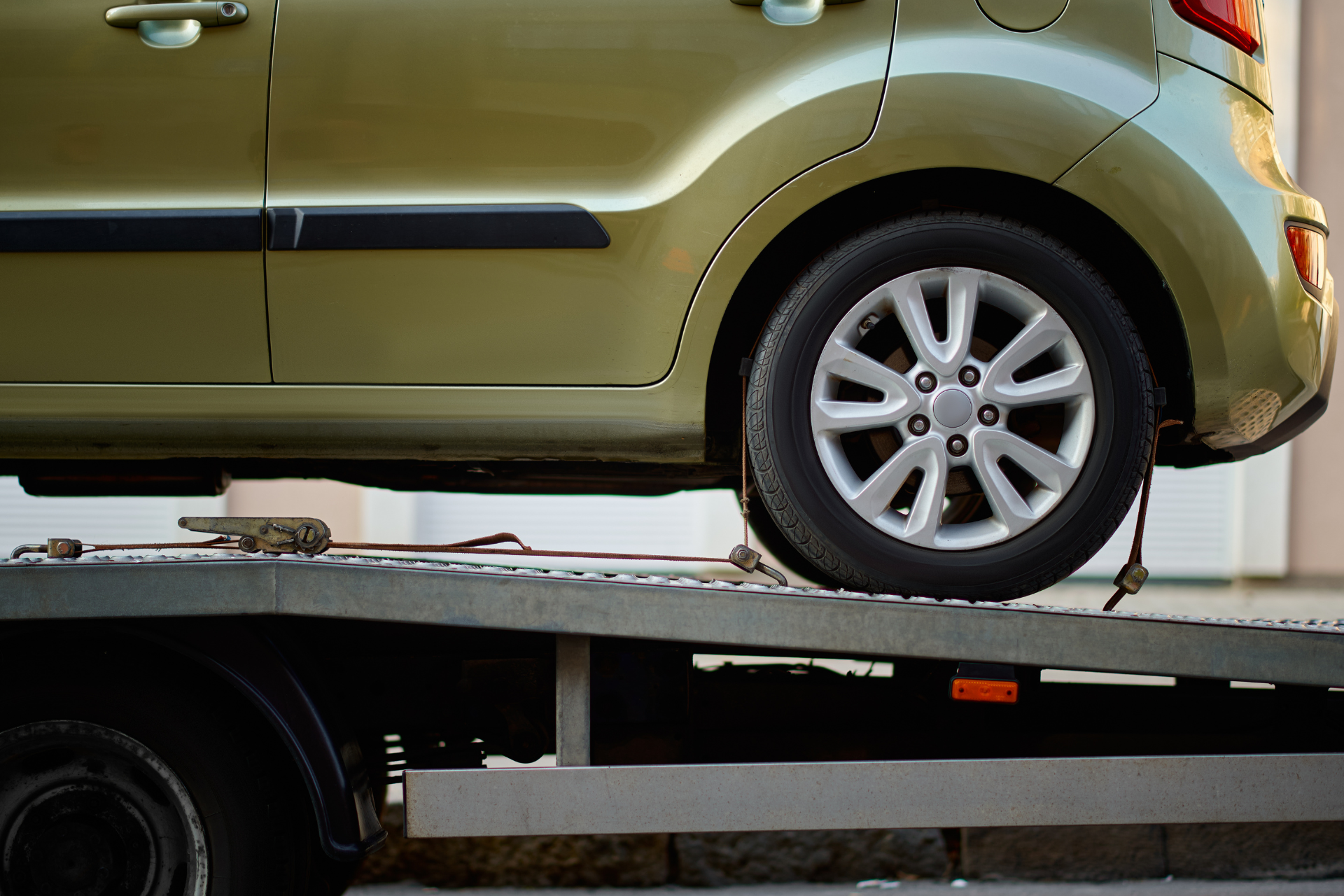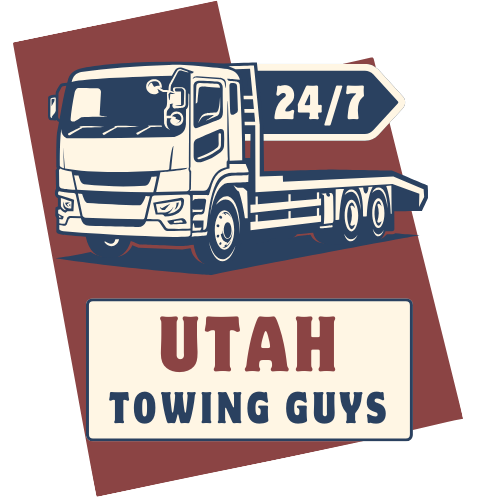The Science of Towing: How Weight Distribution Matters

Are you planning a road trip, moving heavy equipment, or towing a trailer? If so, understanding the science of towing and the importance of weight distribution is crucial for a safe journey. At Utah Towing Guys, we know that proper weight distribution can make all the difference between a smooth, stable tow and a potentially dangerous situation. Let's dive into the details of how weight distribution impacts towing and why it's essential to get it right.
Why Weight Distribution Matters
When it comes to towing, weight distribution plays a significant role in maintaining vehicle stability, handling, and overall safety. Whether you're towing a trailer, hauling a boat, or moving heavy cargo, properly distributing the weight on your vehicle is key to preventing swaying, fishtailing, and loss of control.
Uneven weight distribution can affect your vehicle's braking distance, steering response, and overall performance. Placing too much weight at the rear of your vehicle, for example, can result in reduced traction on the front wheels, making it harder to steer and stop effectively. On the other hand, having too much weight towards the front can cause the rear of the vehicle to sag, impacting visibility and compromising handling.
How to Achieve Proper Weight Distribution
To ensure safe towing, it's essential to know your vehicle's towing capacity and the weight limits recommended by the manufacturer. Overloading your vehicle can lead to mechanical stress, decreased fuel efficiency, and increased risk of accidents.
When loading your trailer or cargo, distribute the weight evenly from side to side and front to back. Make sure to secure the load properly to prevent shifting during transit. Consider using weight distribution hitches and sway control systems to help evenly distribute the weight and improve towing stability.
Tips for Safe Towing with Proper Weight Distribution
1. Check the Tongue Weight
The tongue weight, or the downward force exerted by the trailer on the hitch, should typically be around 10-15% of the total trailer weight. Adjust the cargo to achieve the correct tongue weight for optimal towing performance.
2. Balance the Load
Distribute the weight evenly within the trailer or cargo area to avoid putting excessive weight on one side. Use tie-down straps or cargo nets to secure the load and prevent shifting.
3. Adjust Tire Pressure
Make sure your tires are properly inflated to support the added weight of towing. Check the owner's manual or the vehicle's door jamb for the recommended tire pressure when towing.
4. Drive Defensively
Maintain a safe following distance, reduce speed, and avoid sudden maneuvers when towing heavy loads. Be prepared for longer braking distances and adjust your driving behavior accordingly.
5. Regular Maintenance
Keep your vehicle, trailer, and towing equipment in top condition with regular inspections and maintenance. Check the brakes, lights, tires, and hitch components before each trip to ensure everything is in working order.
At Utah Towing Guys, we understand the importance of proper weight distribution when it comes to towing and hauling. Our team of experienced professionals is trained to handle a wide range of towing services, from roadside assistance to vehicle recovery. Whether you need a jump-start, tire repair, gas delivery, or lockout service, we've got you covered.
Remember, when it comes to towing, safety should always be your top priority. By understanding the science of weight distribution and following these tips for safe towing, you can enjoy a smooth and stress-free journey on the road. Trust Utah Towing Guys for all your towing needs, and let us help you get back on the road with confidence!




